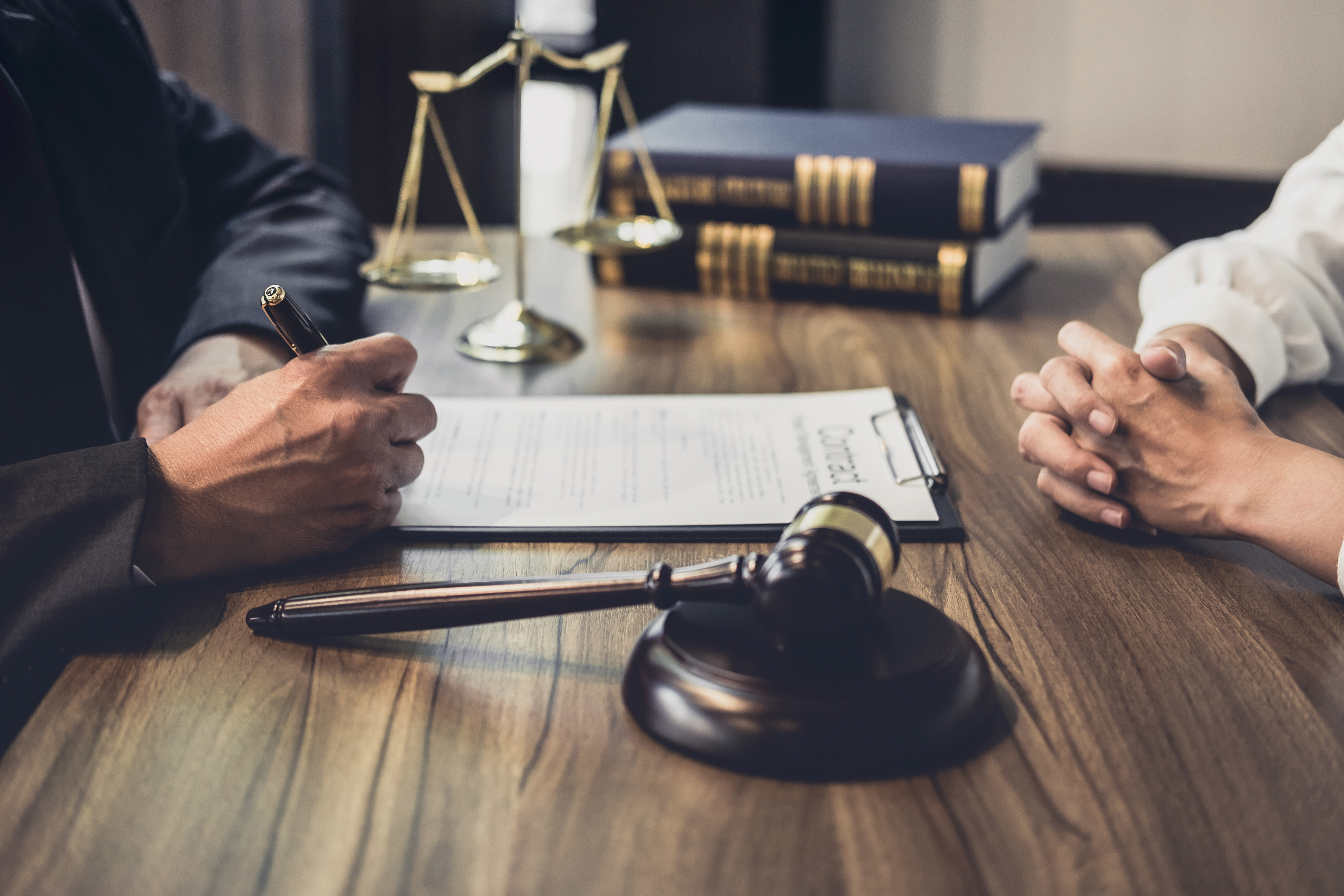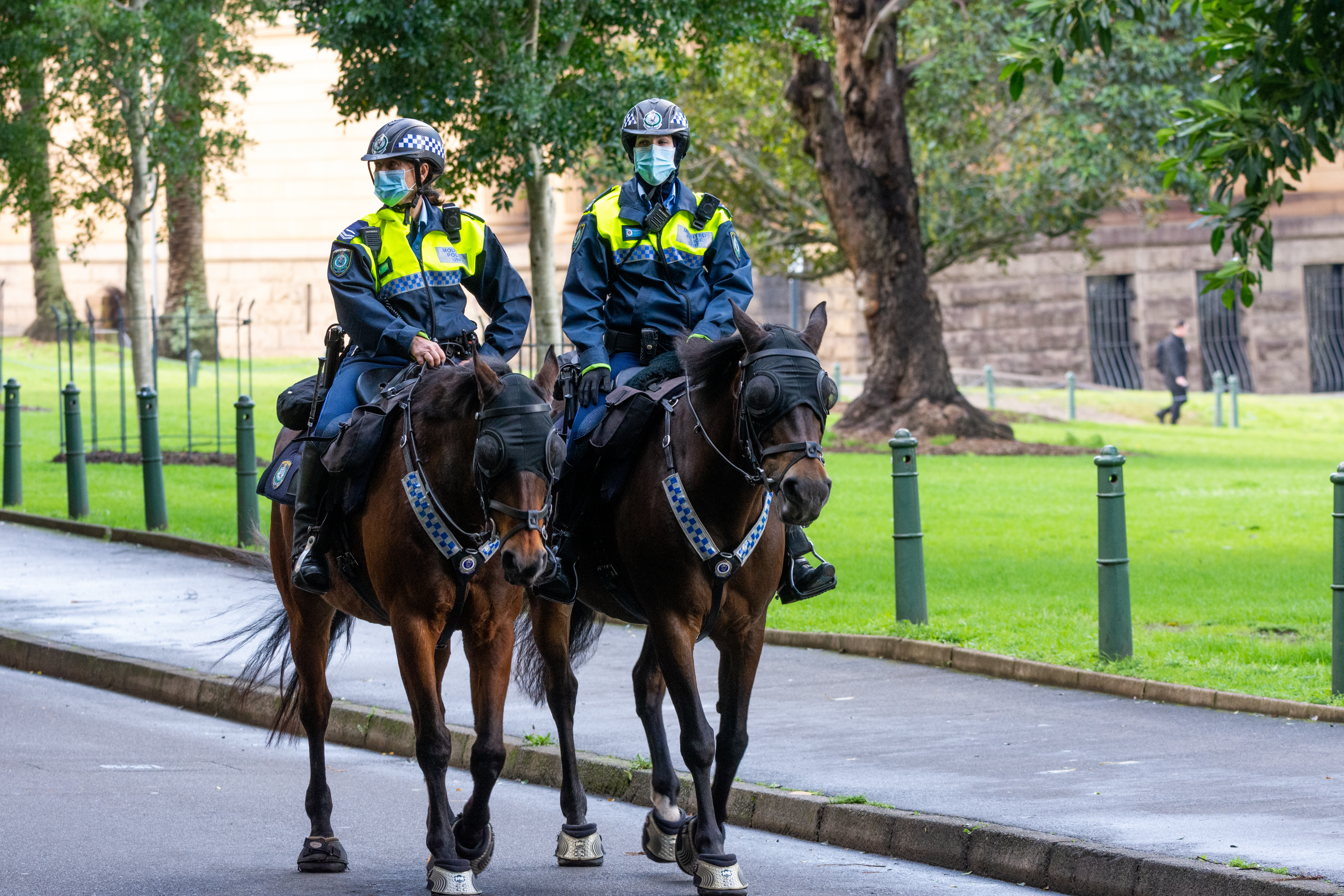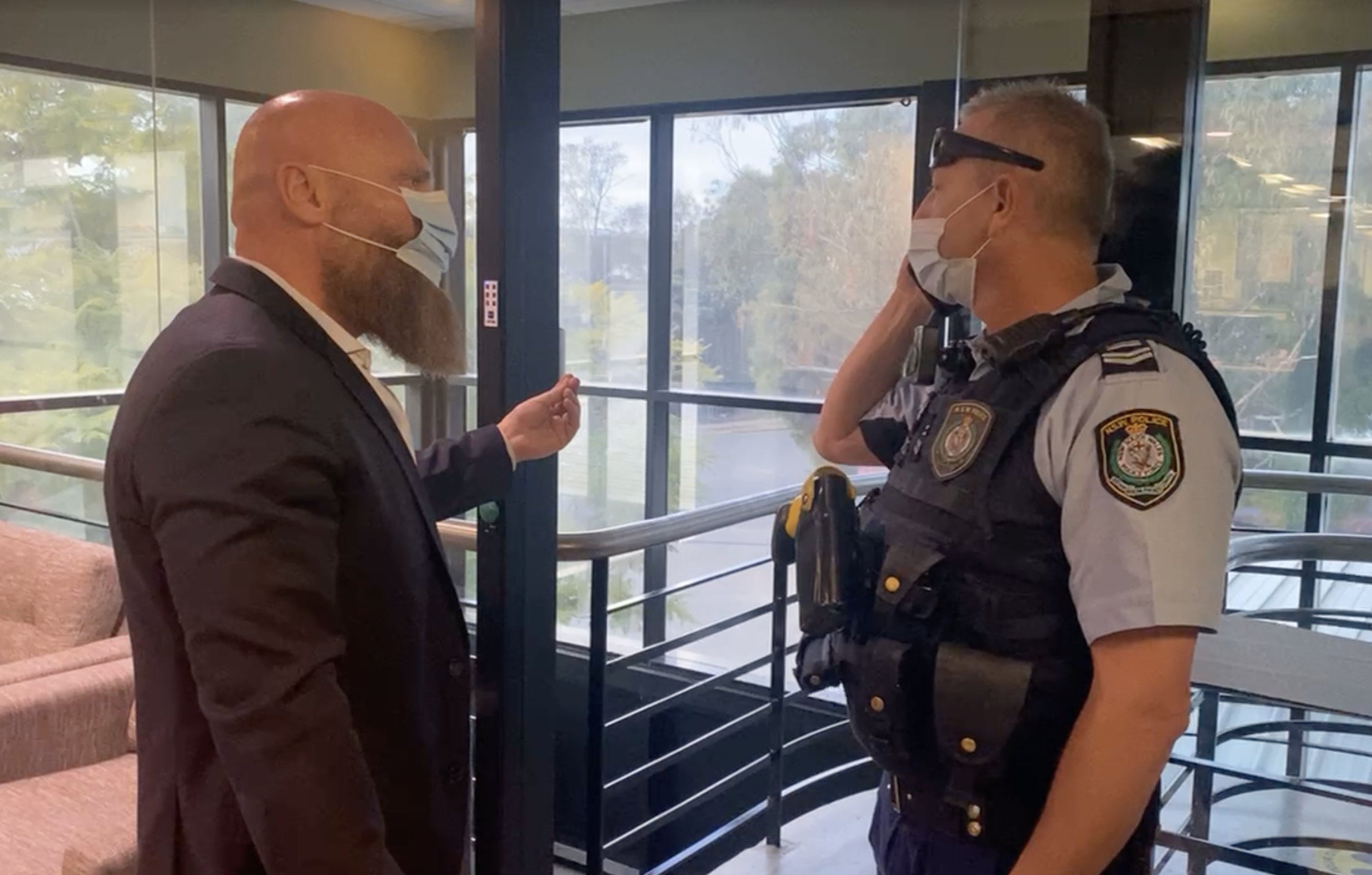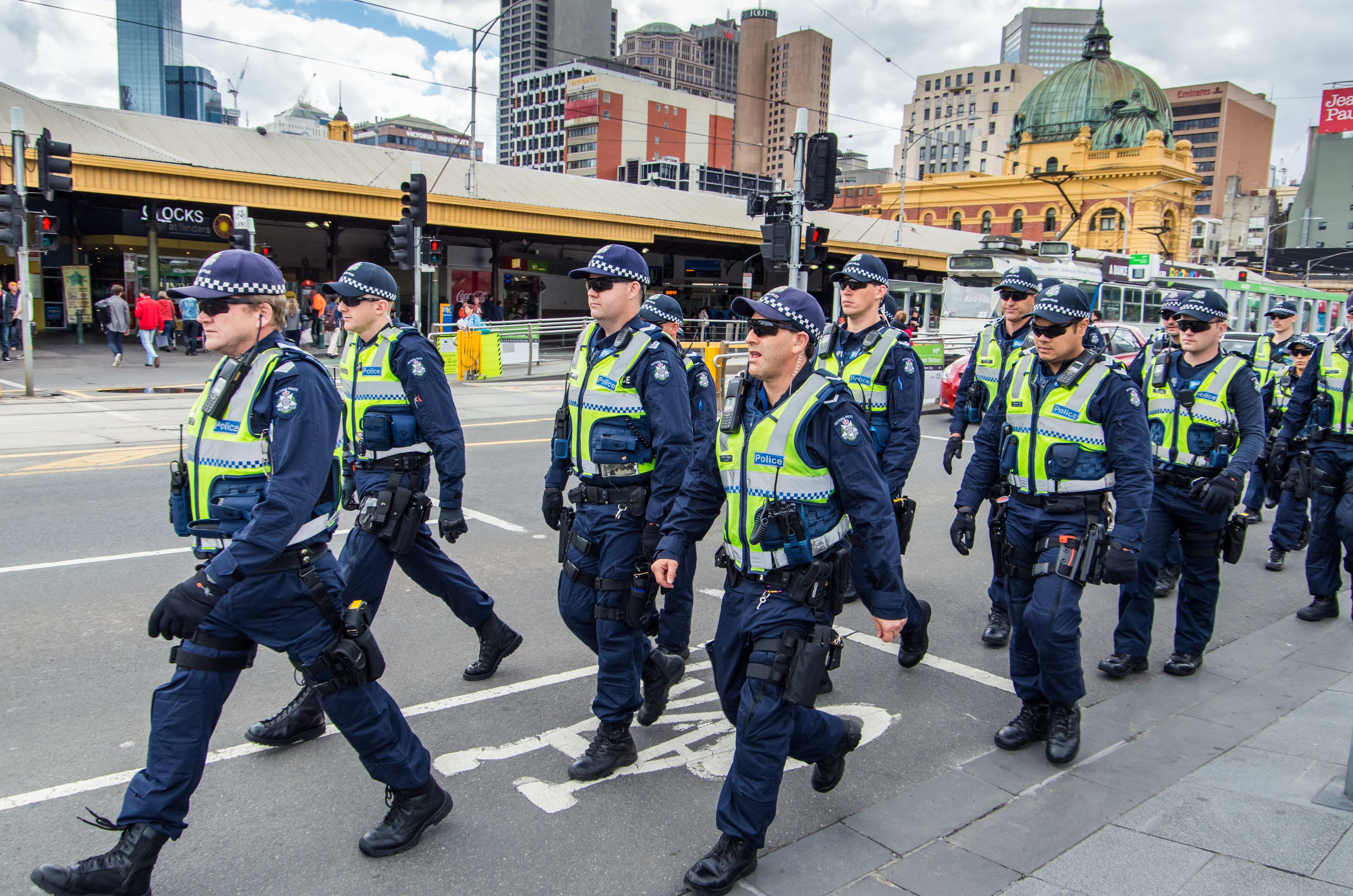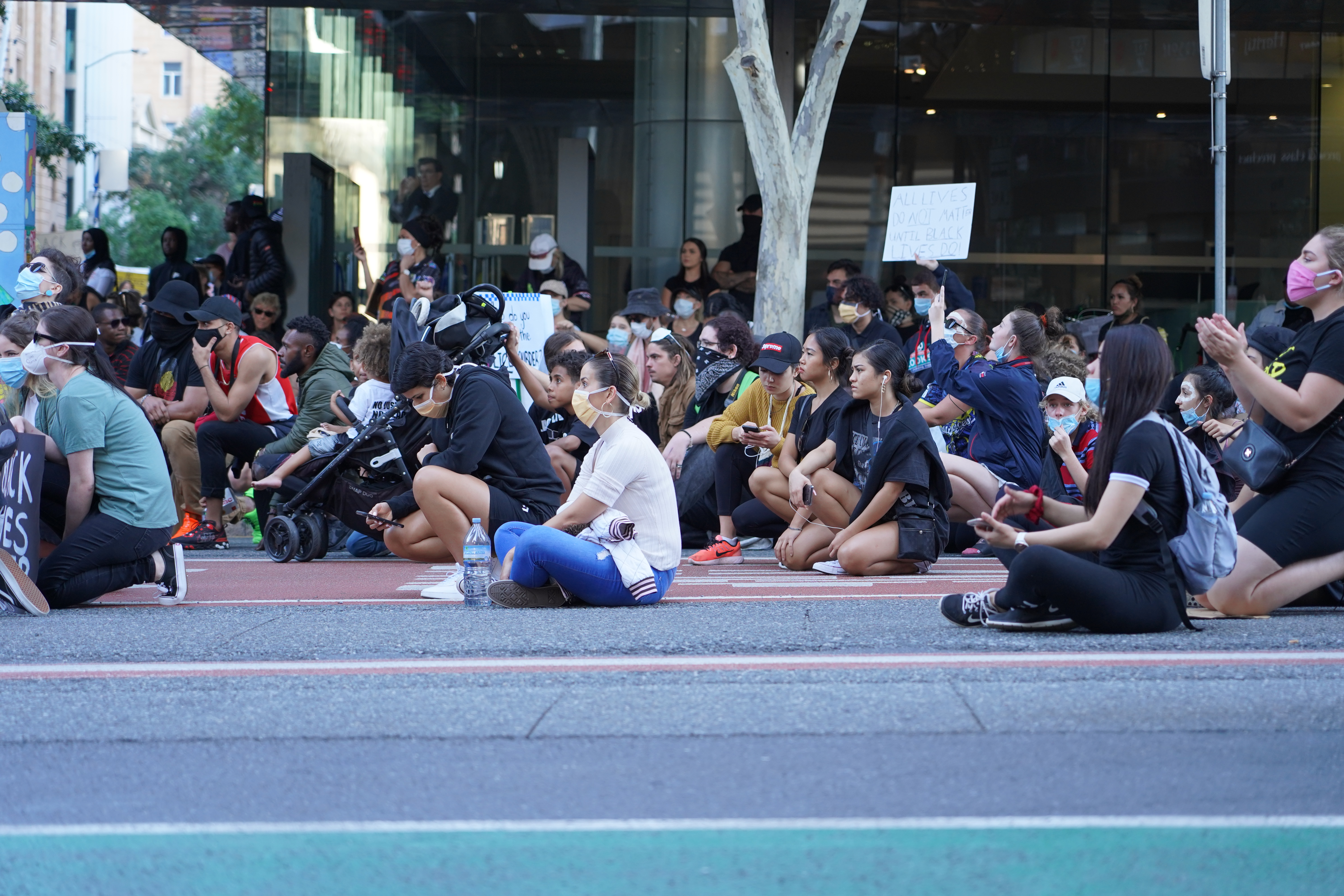Resist And Obstruct Police – s 58 Crimes Act 1900
Our team of senior lawyers are Sydney’s leading specialists in criminal law, recognised for specialising in getting charges dropped early and holding a proven track record of exceptional results. They know exactly how to maximise your chances at getting the best possible outcome, and have successfully achieved proving their clients innocence in court, and obtaining section 10 non convictions for over 20 years.
Call us now on (02) 8606 2218 to book a free first consultation with an experienced Criminal Defence Lawyer.
Your Options in Court
You will be found guilty to a charge of resisting or obstructing a police officer only if the police can prove beyond reasonable doubt each of the following:
- You resisted or interfered with the victim’s duties. For example, threatening or preventing by force, and
- The victim was a police officer, sheriff’s officer, prison officer or any person acting in aid of the victim, and
- At the time, the victim was acting in the lawful power of duty
You will be found not guilty in court if any one of the above is not proven by police.
Defences to this charge
You will be found not guilty to this charge if any one of the following apply to your case:
- Self defence: You acting in this way because you believed it was necessary to protect yourself, someone else or your property, and that response was reasonable in the circumstances you perceived at the time.
- The police officer was not acting in the lawful power of his duty at the time: for example, police officer was not acting within the power of his/her duty where the stop, arrest, search or imprisonment was not done properly. The police evidence needs to be carefully looked at by an experienced defence lawyer to find such issues.
- Wrongful identification: you were mistakenly identified for being the perpetrator.
- Duress and necessity
Our team of senior defence lawyers are considered leading specialists in criminal law who hold a proven track record of successfully proving innocence in court, and getting charges dropped early in the case. Speak to a senior lawyer now for realistic and practical advice by calling (02) 8606 2218.
If pleading guilty to a charge of resist or obstruct police, the following is important tips and information on how to prepare your case to maximise your chances at getting the most lenient possible outcome in court.
25% discount on punishment
Pleading guilty to a resist and obstruct police charge at an early stage of your case, can reflect your remorse and allow the Judge to give you a discount of up to 25% off your punishment, resulting in a more lenient outcome in court.
Getting quick, reliable and experienced advice early in your case is critical to ensuring you don’t miss out on getting the 25% discount.
Good character references
Good character references are letters from people who know your character, expressing your good character, how long he or she has known you for, your remorse and embarrassment in pleading guilty. It allows the Judge to further reduce your punishment giving you a more lenient outcome in court.
Character references can be from your partner, family, friend, charity organisation, and employer. Each one may serve a different purpose, i.e. an employers reference may establish the effect of a conviction on your employment. Our senior lawyers will review and guide you in this process.
Negotiate to drop charges
The charge of resist and obstruct police can, and occasionally does, get dropped at an early stage of the case. Our team of senior lawyers have achieved this on countless occasions after carefully analysing the police evidence, pointing out all the holes in it to police, and then persistent and tactful negotiations.
It’s important not to enter the plea of guilty until compelling negotiations are attempted first.
Negotiate facts
The police facts sheet is often one sided, and an inaccurate reflection of what happened, making you look worse than it actually was. This is no surprise as this document is drafted by the police who intend to hand it to the Jude to read right before The Judge decides on your punishment, often causing a more severe outcome.
Your punishment can be significantly reduced giving you a much better outcome by having an experienced criminal lawyer analyse the police evidence, pick out each problem in it, then strategically approach police to change the facts to what really happened, how it happened, and the circumstances of it, putting you in a much better light before the Judge.
Psychologist reports
Getting a well drafted, powerful court report from a highly experienced and respected expert psychologist or psychiatrist can significantly improve the outcome of your case, giving you a much more lenient punishment, including s 10 non conviction.
Our senior lawyers will guide you and arrange the best psychologist or psychiatrist for your case for purposes of a report to express your remorse, contrition, rehabilitation prospects and any mental condition or diagnosis as a powerful explanation for your actions allowing the Judge to reduce your punishment, attracting a much better outcome.
Maximum penalty
The maximum punishment for resisting or obstructing police is a term of imprisonment of up to 5 years if dealt with in the District Court, and up to 2 years if dealt with in the Local Court. This is usually dealt with in the Local Court.
Although the maximum punishment is set, Judges rarely ever give this. They only reserve the maximum punishment for the most serious offenders. Judges will avoid giving a prison sentence where possible, however there are many other options of punishment available, noted below.
Types of penalties
The Judge can give you any one of the following types of punishment, which will depend on the above factors mentioned:
- Section 10 Dismissal
- Conditional Release Order
- Fine
- Community Correction Order
- Intensive Correction Order
- Full Time Imprisonment
If charged with resist or obstruct police, speak to one of our Sydney team of leading criminal defence lawyers in your first free consultation. It’s critical to obtain experienced, realistic and practical advice early in order to best prepare to maximise your chances at getting the best possible outcome, including section 10 non conviction.
Call us now on (02) 8606 2218 to book a free first consultation with an experienced Criminal Defence Lawyer.


